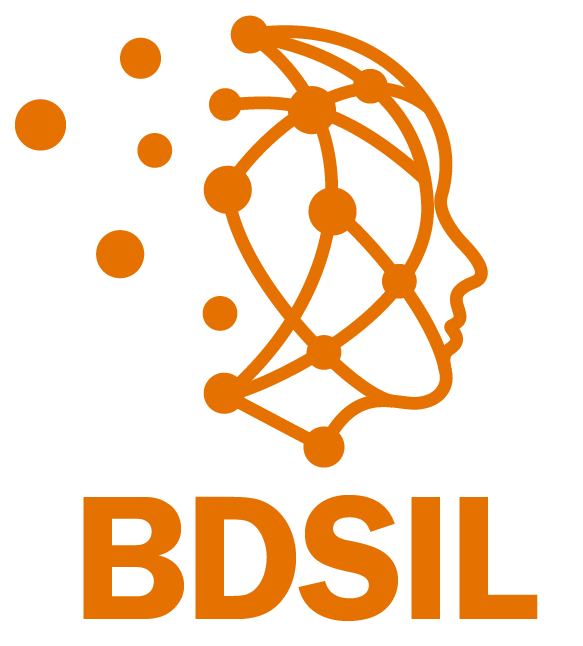Opportunities and Challenges for the Use of Common Controls in Sequencing Studies
Common controls provide an opportunity to increase sample size and subsequently power to existing studies or provide controls where none exist, which can be especially important for underrepresented populations or conditions. However, differences in data ascertainment and generation can result in confounding and bias if not correctly considered and adjusted. Here, Dr. Hendricks will present challenges and solutions to robustly incorporating common controls in sequencing studies. Considerations for newer technologies, such as federated learning, and implications for single cell and other ‘omic data types will also be briefly discussed.
2025 BDSIL Mentor Dr. Audrey E. Hendricks is a tenured Associate Professor in the Department of Biomedical Informatics at the University of Colorado Anschutz Medical Campus. She is passionate about increasing inclusion and representation in all areas of science, including who completes the research, what questions are asked, and for whom the research is useful. The Hendricks Team works at the intersection of biomedical research and statistical/machine learning method development with current projects including the development of methods to increase the utility and equity of publicly available genetic resources, identifying the biological mechanisms of healthy diets, and elucidating the genomic underpinnings of conditions and traits.
